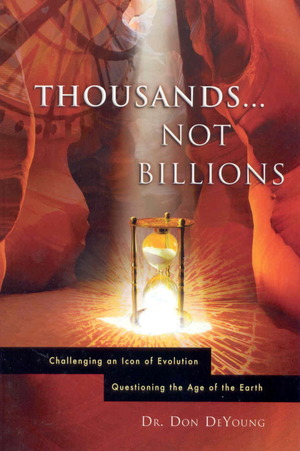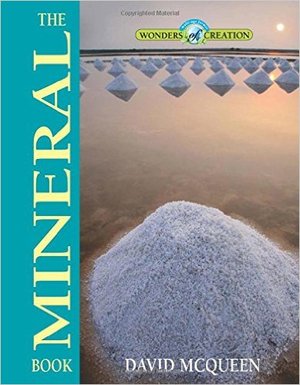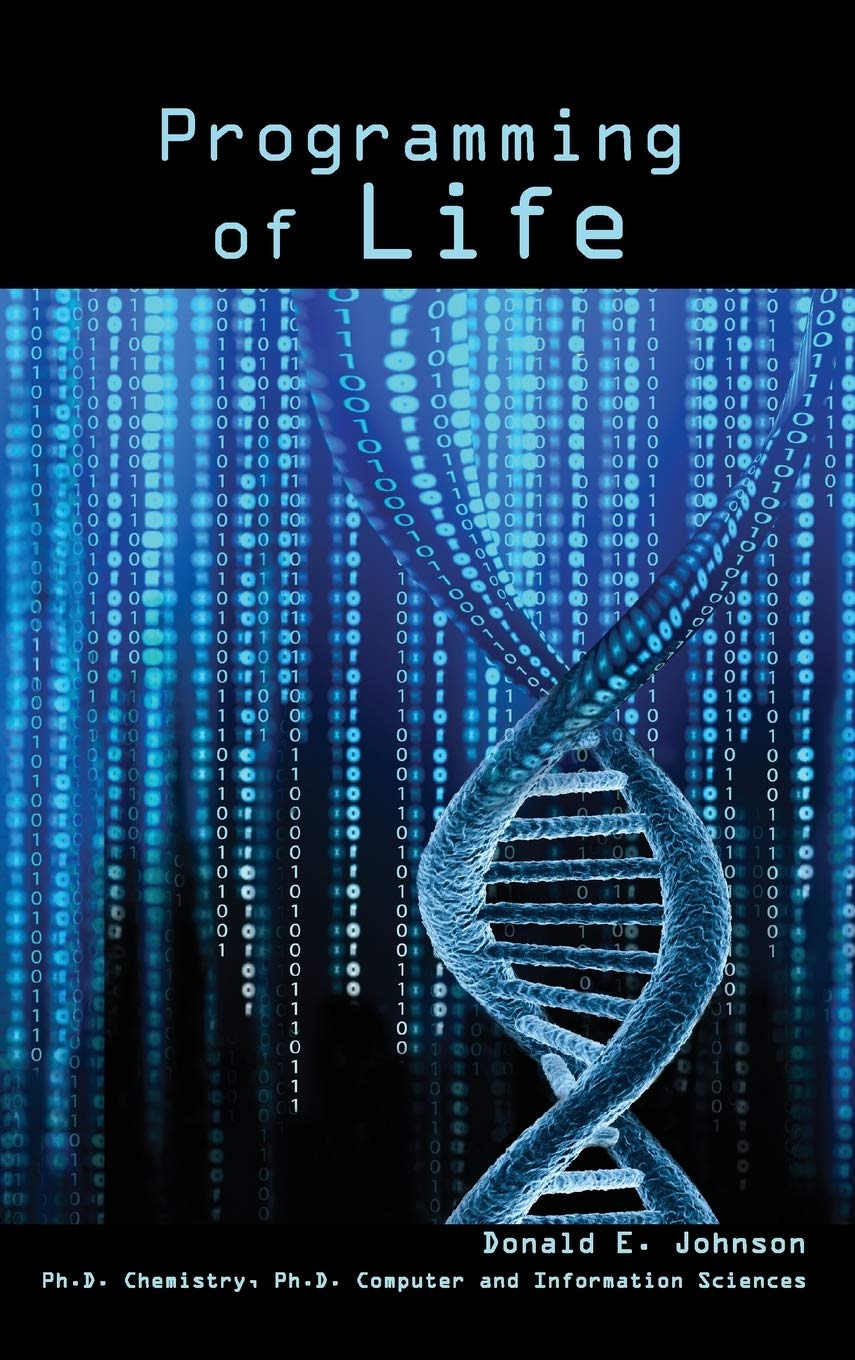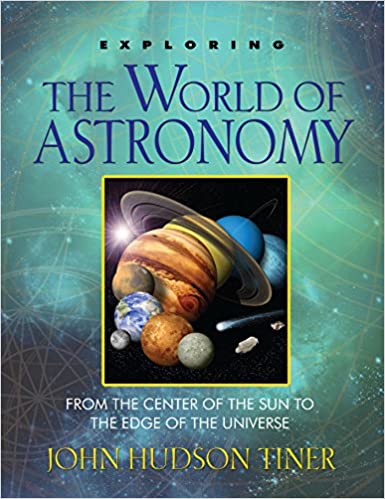November 2021
Subscribe to Dialogue
FEATURED BOOKS AND DVDS
Paperback / $6.00 / 55 Pages
The framework hypothesis is the currently popular way to avoid the historicity of Genesis. This interpretation suggests that God uses the idea of an ordinary week to illustrate, in poetic terms, His creative activity. According to this idea, Genesis 1 does not provide literal information concerning the order of events nor how long they took. Thus, we cannot look to Genesis for any real information about origins other than God created. According to this proposal, for example, days 1 and 4 of creation week describe the same event (involving light and the sources thereof).
One aspect of this accommodation is the suggestion that day 7 of the creation week never ended but that God’s rest is still continuing. This idea is used to support the view that a day can be much longer than 24 hours. The rationale for extending the time for day 7 is that Genesis does not apply the terms “evening and morning” to this day. However, Hebrews 4:3 equates day 7 with the sabbath day of rest and declares that God’s day of rest was finished from the foundation of the world.
A published critique of the framework hypothesis declares: “My complaint is with those who use this inferred literary structure as a warrant for rejecting the explicit chronological features of the text …. For in the literary-framework-only model, the days of Genesis correspond to nothing that actually happened at creation … in the literary-framework view, the days are invented to make a parallel between creation and the human workweek, when no such connection actually existed….” [Robert C. Newman in J. P. Moreland and John Mark Reynolds. Gen Editors. 1999. Three Views on Creation and Evolution. Zondervan p. 156]
All of these accommodation attempts (such as day-age, gap and framework) clearly do not fit Scripture and their only rationale seems to be to allow Christians to adopt evolutionary explanations for origins.
But there is no need to do this — nature does proclaim the work and character of God, so we do not need such explanatory devices which seek to explain away what the Bible tells us. We insist that observations from nature do clearly display the work of God in the Creation and these observations fit the historical events described in the early chapters of Genesis.
Order OnlinePaperback / $14.00 / 200 Pages
The framework hypothesis is the currently popular way to avoid the historicity of Genesis. This interpretation suggests that God uses the idea of an ordinary week to illustrate, in poetic terms, His creative activity. According to this idea, Genesis 1 does not provide literal information concerning the order of events nor how long they took. Thus, we cannot look to Genesis for any real information about origins other than God created. According to this proposal, for example, days 1 and 4 of creation week describe the same event (involving light and the sources thereof).
One aspect of this accommodation is the suggestion that day 7 of the creation week never ended but that God’s rest is still continuing. This idea is used to support the view that a day can be much longer than 24 hours. The rationale for extending the time for day 7 is that Genesis does not apply the terms “evening and morning” to this day. However, Hebrews 4:3 equates day 7 with the sabbath day of rest and declares that God’s day of rest was finished from the foundation of the world.
A published critique of the framework hypothesis declares: “My complaint is with those who use this inferred literary structure as a warrant for rejecting the explicit chronological features of the text …. For in the literary-framework-only model, the days of Genesis correspond to nothing that actually happened at creation … in the literary-framework view, the days are invented to make a parallel between creation and the human workweek, when no such connection actually existed….” [Robert C. Newman in J. P. Moreland and John Mark Reynolds. Gen Editors. 1999. Three Views on Creation and Evolution. Zondervan p. 156]
All of these accommodation attempts (such as day-age, gap and framework) clearly do not fit Scripture and their only rationale seems to be to allow Christians to adopt evolutionary explanations for origins.
But there is no need to do this — nature does proclaim the work and character of God, so we do not need such explanatory devices which seek to explain away what the Bible tells us. We insist that observations from nature do clearly display the work of God in the Creation and these observations fit the historical events described in the early chapters of Genesis.
Order OnlineHardcover / $18.00 / 94 Pages / full colour
The framework hypothesis is the currently popular way to avoid the historicity of Genesis. This interpretation suggests that God uses the idea of an ordinary week to illustrate, in poetic terms, His creative activity. According to this idea, Genesis 1 does not provide literal information concerning the order of events nor how long they took. Thus, we cannot look to Genesis for any real information about origins other than God created. According to this proposal, for example, days 1 and 4 of creation week describe the same event (involving light and the sources thereof).
One aspect of this accommodation is the suggestion that day 7 of the creation week never ended but that God’s rest is still continuing. This idea is used to support the view that a day can be much longer than 24 hours. The rationale for extending the time for day 7 is that Genesis does not apply the terms “evening and morning” to this day. However, Hebrews 4:3 equates day 7 with the sabbath day of rest and declares that God’s day of rest was finished from the foundation of the world.
A published critique of the framework hypothesis declares: “My complaint is with those who use this inferred literary structure as a warrant for rejecting the explicit chronological features of the text …. For in the literary-framework-only model, the days of Genesis correspond to nothing that actually happened at creation … in the literary-framework view, the days are invented to make a parallel between creation and the human workweek, when no such connection actually existed….” [Robert C. Newman in J. P. Moreland and John Mark Reynolds. Gen Editors. 1999. Three Views on Creation and Evolution. Zondervan p. 156]
All of these accommodation attempts (such as day-age, gap and framework) clearly do not fit Scripture and their only rationale seems to be to allow Christians to adopt evolutionary explanations for origins.
But there is no need to do this — nature does proclaim the work and character of God, so we do not need such explanatory devices which seek to explain away what the Bible tells us. We insist that observations from nature do clearly display the work of God in the Creation and these observations fit the historical events described in the early chapters of Genesis.
Order OnlineDVD / $16.00 / 44 Minutes
The framework hypothesis is the currently popular way to avoid the historicity of Genesis. This interpretation suggests that God uses the idea of an ordinary week to illustrate, in poetic terms, His creative activity. According to this idea, Genesis 1 does not provide literal information concerning the order of events nor how long they took. Thus, we cannot look to Genesis for any real information about origins other than God created. According to this proposal, for example, days 1 and 4 of creation week describe the same event (involving light and the sources thereof).
One aspect of this accommodation is the suggestion that day 7 of the creation week never ended but that God’s rest is still continuing. This idea is used to support the view that a day can be much longer than 24 hours. The rationale for extending the time for day 7 is that Genesis does not apply the terms “evening and morning” to this day. However, Hebrews 4:3 equates day 7 with the sabbath day of rest and declares that God’s day of rest was finished from the foundation of the world.
A published critique of the framework hypothesis declares: “My complaint is with those who use this inferred literary structure as a warrant for rejecting the explicit chronological features of the text …. For in the literary-framework-only model, the days of Genesis correspond to nothing that actually happened at creation … in the literary-framework view, the days are invented to make a parallel between creation and the human workweek, when no such connection actually existed….” [Robert C. Newman in J. P. Moreland and John Mark Reynolds. Gen Editors. 1999. Three Views on Creation and Evolution. Zondervan p. 156]
All of these accommodation attempts (such as day-age, gap and framework) clearly do not fit Scripture and their only rationale seems to be to allow Christians to adopt evolutionary explanations for origins.
But there is no need to do this — nature does proclaim the work and character of God, so we do not need such explanatory devices which seek to explain away what the Bible tells us. We insist that observations from nature do clearly display the work of God in the Creation and these observations fit the historical events described in the early chapters of Genesis.
Order OnlinePaperback / $22.00 / 171 Pages / black and white illustrations
The framework hypothesis is the currently popular way to avoid the historicity of Genesis. This interpretation suggests that God uses the idea of an ordinary week to illustrate, in poetic terms, His creative activity. According to this idea, Genesis 1 does not provide literal information concerning the order of events nor how long they took. Thus, we cannot look to Genesis for any real information about origins other than God created. According to this proposal, for example, days 1 and 4 of creation week describe the same event (involving light and the sources thereof).
One aspect of this accommodation is the suggestion that day 7 of the creation week never ended but that God’s rest is still continuing. This idea is used to support the view that a day can be much longer than 24 hours. The rationale for extending the time for day 7 is that Genesis does not apply the terms “evening and morning” to this day. However, Hebrews 4:3 equates day 7 with the sabbath day of rest and declares that God’s day of rest was finished from the foundation of the world.
A published critique of the framework hypothesis declares: “My complaint is with those who use this inferred literary structure as a warrant for rejecting the explicit chronological features of the text …. For in the literary-framework-only model, the days of Genesis correspond to nothing that actually happened at creation … in the literary-framework view, the days are invented to make a parallel between creation and the human workweek, when no such connection actually existed….” [Robert C. Newman in J. P. Moreland and John Mark Reynolds. Gen Editors. 1999. Three Views on Creation and Evolution. Zondervan p. 156]
All of these accommodation attempts (such as day-age, gap and framework) clearly do not fit Scripture and their only rationale seems to be to allow Christians to adopt evolutionary explanations for origins.
But there is no need to do this — nature does proclaim the work and character of God, so we do not need such explanatory devices which seek to explain away what the Bible tells us. We insist that observations from nature do clearly display the work of God in the Creation and these observations fit the historical events described in the early chapters of Genesis.
Order Online







